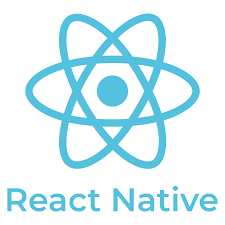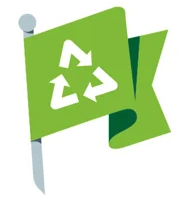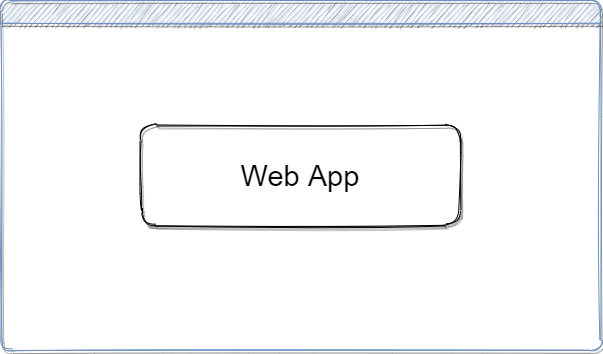Technology-FrontEnd Framework


VS
Choosing front-end framework was the hardest comparison and research we had. Flutter vs React Native is one of the most controversial topic among specialists and it is hard to say which one is better. So we had to compare case by case precisely.
Supported by
Those frameworks are supported by two major IT companies. Flutter is created by Google and React Native is created by Facebook [6].
Native Performance
Both are showing great native performance, in some cases it performs like Native developed app [6].
Free and Opensource
Both are free and opensource but they are a bit different [6]. React Native is more like opensource relying much on third-party, it can be beneficial in opensource perspect [6]. However, this can cause people to wait both third party and Facebook to fix the bug sometimes [7]. Compared to React Native, Flutter is famous as UI toolkit, it is more like huge box trying to provide every essential stuff [6].
Sharing Code
Both can be run on iOS, Andriod, and desktop web [6].
Programming Language
Flutter is using Dart and React Native is using Javascript. Both are object-oriented language [6]. As React Native is using Javascript, it has good integration with back-end using Javascript, Typescript, Graphql. In this case, we already chosen Spring Boot Java as our back-end API so there is no big merit.
Popularity
It is hard to say what is really popular, so we measured popularity in diverse aspect.
|
Stack Overflow Voices |
Github Contributors
|
Google Trends Queries per day |
| Flutter |
68.8% |
13k |
86 |
| React Native |
57.9% |
9.1k |
58 |
Table 3. Popularity Stat of Cross-Platform in 2020 [8]
'StackOverflow Voices' represents how many specialists prefer to use Flutter and React Native. 'Github Contributors' presents number of contributors to opernsource project. 'Google Trends Queries per Day' shows frequency of particular query in search.
Size of community is also different. React Native is 3 years older and it has a huge source of JavaScript so it is maintaining huge size of community, however Flutter got more active recently overtaking React Native community [8,9].
Difficulty
Flutter is normally considered as easy-to-learn compared to React Native [6]. Also, Google is making huge effort to beginners, they arranged essential documents and learning souces in one place [10].
Update & Support
Google is trying to dominate the Cross-platform market, they are supporting a lot comparing to React Native [11,12]. Recently there was big update toward flutter 2.0, and it was easy to find that google is looking forward for more future [12]. In 2.0 they tried to cover their weakness related to Progressive web apps (PWAs), Single page apps (SPAs), and Enabling shared code for both mobile apps and web [13]. This was one of the main Flutter's weak point but Google made great improvement in short time.
Immensive support and update is great benefit using Google product, however there is also risk compared to Facebook. It has risk that Google kills their own software so much such as Google trip, In Box.... even though they put great effort, they just killed it when they found other solution[14].
Design and Graphic Capabilities
Both Flutter and React Native have wonderful graphical features, but their approaches toward graphic are quite different. Flutter app is easy to recognise that app is made by Flutter [15]. Flutter app views same regardless of OS, some personal effort is required to get rid of its 'Googlised' style. However, it contains wonderful animating UIs and they are easy to implement.
On the other hand, React Native respects host rules, it views different depends on OS. React Native inherits native visual elements and appearance so it looks more native and it looks different depends on the OS [15].
Decision
We could have known that both React Native and Flutter can show beautiful performance with nice scalability, however there were few points why we decided to use Flutter.
Firstly, Flutter is beginner friendly, as we mentioned before we have limited times so we need to learn in short time. Also, it provides essential stuff by itself, so we don't have to wander around searching for information and sources.
In addiction, Flutter seems to have better future with nice popularity. It is always beneficial to use trendy tools. There is some risk that Flutter might shut down, but it seems unlikely as Google presented their intention with recent update.


